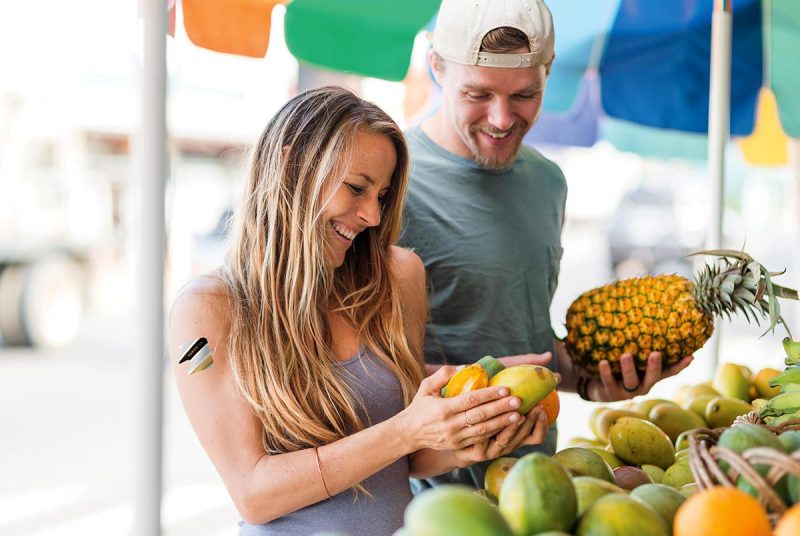“Do you own a juicer”? (and other questions to ask yourself before buying into a community farm co-op)
Everyone wants to buy local these days, so the idea of buying farm-fresh food is quite popular. Who wants to eat food that’s traveled thousands of miles before it reaches your table? One solution: Join a community-supported agriculture co-op, which brings local farmers together to sell their meat and produce.
The concept is simple: Become a member, and for a subscription fee, farmers will provide you with a weekly basket of home-grown (often organic) produce or meat.
“Farm co-ops are great, because they give you and your family an opportunity to try some extremely fresh and local produce while helping out your farming neighbors at the same time,” says Amy Martin, an author and blogger who often writes about raising twins. “At the same time,” Martin says, “you get the opportunity to try items that you might not have picked on your own.” For example, Martin and her family have discovered a taste for a variety of types of vegetables, like kohlrabi, that they had previously been unfamiliar with.
“My wife and I love the surprises we find in our seasonal baskets or catches of the week,” says Christopher Hanson, a consultant and real estate developer based in Charleston, a city that is home to dozens of farm-to-table co-ops featuring food from South Carolina’s coastal and inland farms. “The variety and freshness we enjoy is nothing short of a miracle.”
Farm co-ops are great, because they give you and your family an opportunity to try some extremely fresh and local produce
Still, there are a few things to consider before buying into a co-op. First, shop around. Hanson recommends talking with farmers at several local co-ops prior to each season to get a feel for what types of food they are planning to provide. Better outlets will be able to give you advice for preparing and canning the foods they offer, he says.
In addition, compare each co-op’s fees (many charge an annual membership fee in addition to a weekly “basket fee”), and find out when you are required to pick up your items or whether they can be delivered to your home.
Finally, he says, be ready to manage an overflow of fresh items. “Sometimes you will be bombarded with so much fresh food that you and your family may not be able to eat it all,” he cautions. “Be prepared to freeze some or give some away to friends or family members.”
He also recommends having a juice machine at the ready, and – if you’re not familiar with making jam or canning – “get ready to take a crash course immediately!”
Here are the benefits and drawbacks of joining a community-supported
agriculture co-op:
- Access to fresh and local produce
- Helps to preserve local farmland and open space
- Access to crops that don’t scale down well to the home garden level (like pumpkins)
- Keeps local farmers economically stable
- Keeps money in the community
- Promotes organic farming
- Access to unique products from food artisans that don’t have mass distribution
- Opportunity to expand your palate
- Not ideal for picky eaters
- Little control over what produce you’ll get each week
- Might get more items than you can use
- Requires flexibility in menu planning
- Could be more expensive than a traditional grocery store
- Some smaller farms have limited pick-up/delivery windows
© malerapaso


